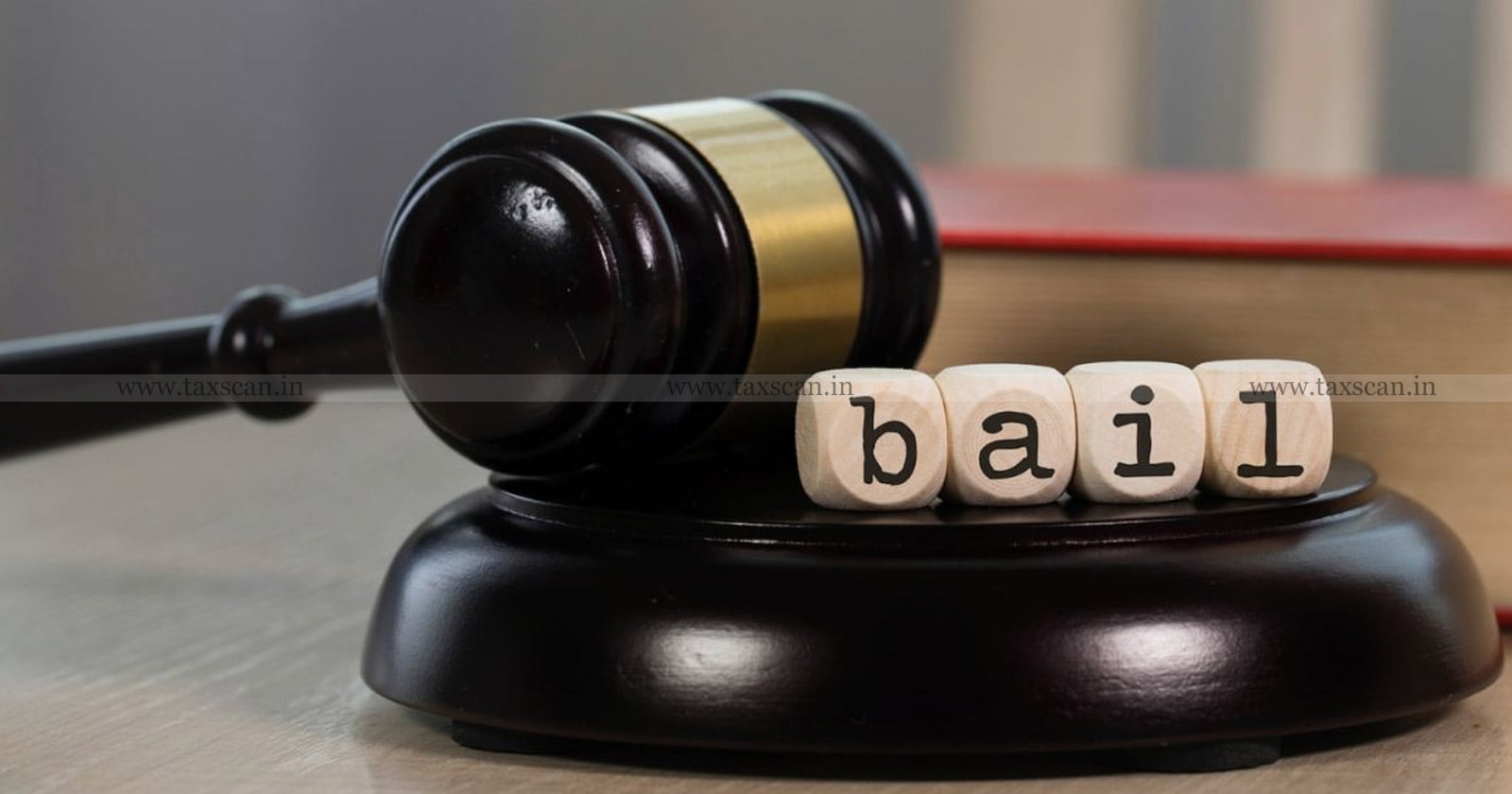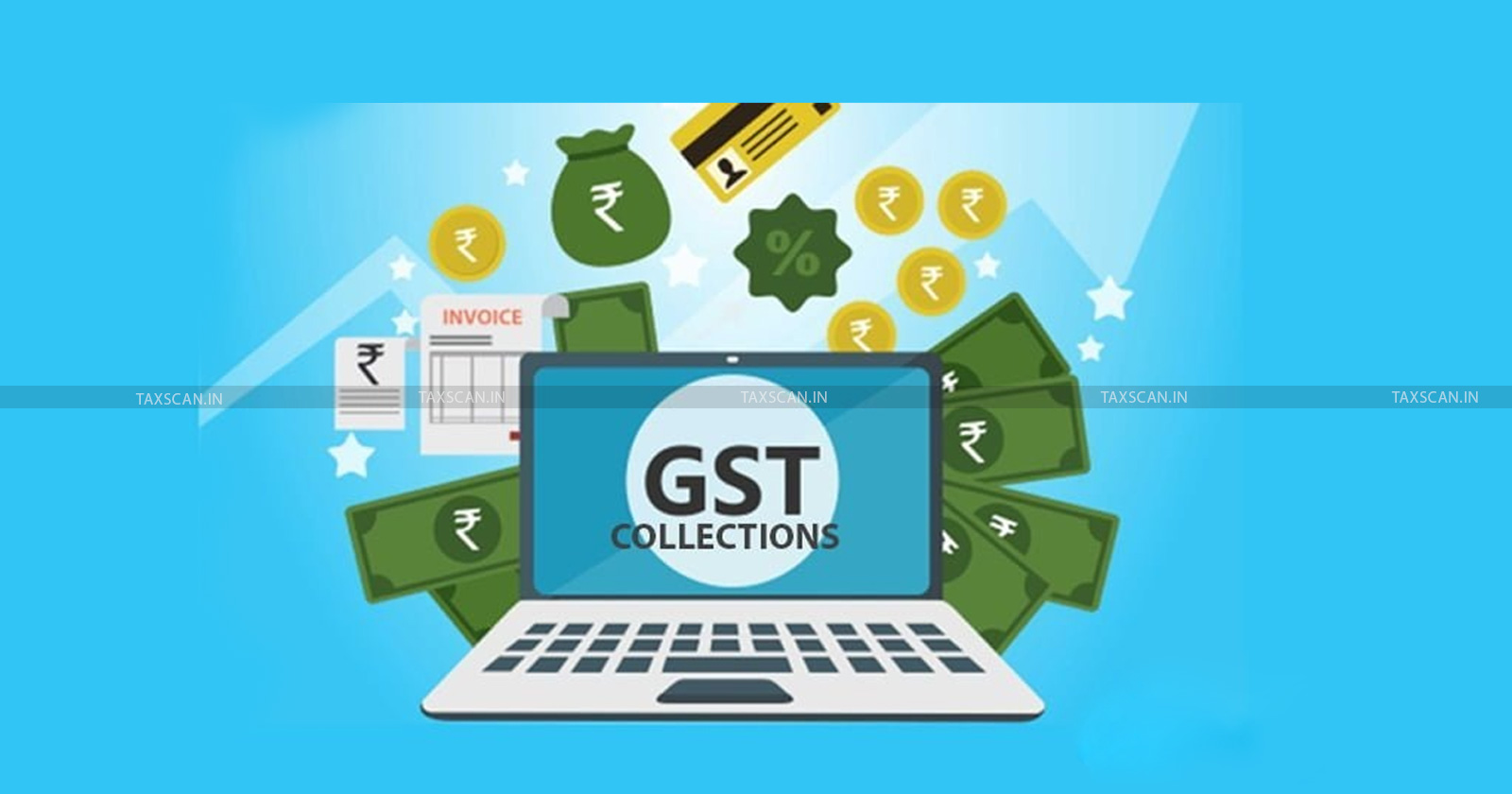Closing Individual Debtor Accounts Not Mandatory for Claiming Bad Debt Deduction u/s 36(1)(vii): Kerala HC [Read Order]
The Kerala High Court held that closing individual debtor accounts is not mandatory for claiming bad debt deductions under Section 36(1)(vii) of the Income Tax Act.
![Closing Individual Debtor Accounts Not Mandatory for Claiming Bad Debt Deduction u/s 36(1)(vii): Kerala HC [Read Order] Closing Individual Debtor Accounts Not Mandatory for Claiming Bad Debt Deduction u/s 36(1)(vii): Kerala HC [Read Order]](https://images.taxscan.in/h-upload/2025/10/28/2100303-baad-debt-deduction-taxscan.webp)
In a recent judgment, the Kerala High Court held that closing individual debtor accounts is not a legal requirement for claiming a bad debt deduction under Section 36(1)(vii) of the Income Tax Act, 1961.
The case involved Geofin Comtrade Limited, which filed appeals before the High Court challenging a common order of the Income Tax Appellate Tribunal (ITAT), Cochin Bench, for the assessment years 2013-14 and 2014-15.
The ITAT had set aside the relief granted earlier by the Commissioner of Income Tax (Appeals) [CIT(A)] and restored the Assessing Officer’s decision disallowing the claim for deduction of bad debts under Section 36(1)(vii).
 Also Read:Gauhati HC Grants Bail to Businessman Accused of ₹3 Crore GST Credit Misuse After 15 Days in Judicial Custody [Read Order]
Also Read:Gauhati HC Grants Bail to Businessman Accused of ₹3 Crore GST Credit Misuse After 15 Days in Judicial Custody [Read Order]
Comprehensive Guide of Law and Procedure for Filing of Income Tax Appeals, Click Here
The assessee’s counsel argued that the company had written off the amounts as irrecoverable by debiting the profit and loss account and reducing the loans and advances from the assets side of the balance sheet.
They submitted that this accounting treatment satisfied the conditions of Section 36(1)(vii) as explained by the Supreme Court in Vijaya Bank v. Commissioner of Income Tax (2010) 323 ITR 166 (SC). The assessee argued that there is no statutory requirement to close each debtor’s account individually and that the ITAT’s interpretation was contrary to law.
The department’s counsel argued that unless the individual debtor’s account is closed and removed from the ledger, the write-off cannot be regarded as complete. It was contended that failure to close such accounts could allow the assessee to claim the same deduction more than once in different years.
 Also Read:Madras HC Quashes Customs Public Notice, Holds Dept Lacked Jurisdiction to Direct on GST Collection [Read Order]
Also Read:Madras HC Quashes Customs Public Notice, Holds Dept Lacked Jurisdiction to Direct on GST Collection [Read Order]
Understanding Common Mode of Tax Evasion with Practical Scenarios, Click Here
The Division Bench of Justice A. Muhamed Mustaque and Justice Harisankar V. Menon observed that the issue was settled by the Supreme Court in Vijaya Bank. The court explained that the apprehension of the department regarding double deductions is unfounded, since Section 41(4) of the Act provides that any recovery of written-off debts in subsequent years will be treated as taxable income.
The court pointed out that there is no legal requirement under Section 36(1)(vii) for an assessee to close each debtor’s account to claim a deduction for bad debts. The judges observed that the ITAT’s finding to the contrary was unsustainable.
The court set aside the order of the ITAT and remitted the matter to the Assessing Officer for fresh consideration. The officer was directed to re-examine the claim in light of the principles laid down by the Supreme Court in Vijaya Bank v. CIT. The appeals were allowed.
Support our journalism by subscribing to Taxscanpremium. Follow us on Telegram for quick updates


